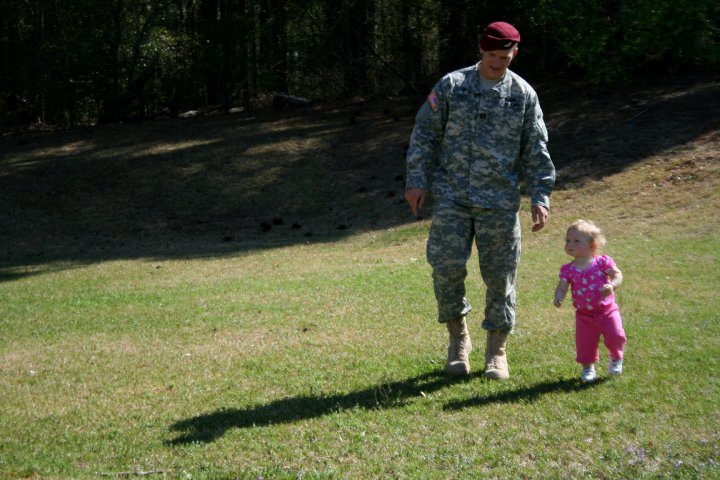Is Aubrey a hypocrite? Was Aubrey a Christian in this struggle? The failure of Christians causes us to hope or to turn up our noses, to cry out to Jesus or to cry “Hypocrite!” Aubrey’s story has rekindled these conversations for us, as we hope for you.

Is Aubrey a hypocrite?
Rightly understood, the term can only be applied to those who claim that their religion is possible to follow. We claim that Christianity is impossible to follow, if, by “follow,” we mean perfect adherence to a set of rules. Our generation often sees religion as just that, a set of rules to try, in order to better oneself. In my last blog post, I talked about a thin view of sin that often accompanies this attitude that Christianity is like any other religion, which we have the ability to follow. Regarding this breed of Christianity, we would join in with others in their accusations of hypocrisy.
But we don’t actually believe this line of thinking is real Christianity. It is hard to imagine how the name hypocrite can be applied to a person who knows he/she can’t follow the rules and isn’t claiming to be able to. Further, real Christianity isn’t a set of rules to be tried, but a God to enjoy. In the book of Hebrews, after the author explains how Jesus has paid the perfect penalty in place of believers, he says, “let us draw near” (Hebrews 10:22). Inherent to the message of this passage (and the Bible) is that we are sinners who can’t do it, but there is an open invitation here – to run to Jesus, rather than away.
The “just-stop-it” form of Christianity has a thin view of sin, a “try harder” mentality that causes adherents to run to themselves for strength and power. In Aubrey’s case, she openly told us that she was trying to get herself together before she would draw near, as we all have the tendency to do, especially in the individualism and self-confidence of the West. We are all fed this lie every day in our generation, that we can do anything, that we can overcome on our own, that we don’t need God. Further, we tend to have a subconscious view of God that pushes Him away, a god who doesn’t want us to draw near, a god who is only out to punish.
I have seen Aubrey, through her struggle, fluctuate between her subconscious view of this god, who she could only come to after cleaning herself up, and her view of the God of the Bible. She has always battled; she has always come to see the light of God’s forgiveness. To me, that is the difference between a hypocrite and a believer struggling with sin, as we all are. A hypocrite says he/she can do it … and then turns around and doesn’t do it… and doesn’t look to God for forgiveness. We all feel repulsed by these sorts of people in pulpits or politics. Yet a true Christian feels the weight of sin and fights to draws near.
But the delineation isn’t quite so clear-cut, is it? The amazing thing about God is that He addresses people wherever they’re at. Some people, like Aubrey, who feel that they are drowning in their own sin, need to know, “Draw near! Now! He is all you have ever needed or wanted!”
But God also addresses people who would take Aubrey’s story as an excuse not to wage war on their sin, because “it doesn’t matter anyways, if He’s forgiving, right?” Some people need to hear God’s extreme Grace because their consciences are hyperactive; others need to hear the law because they don’t care at all about their sins.
Right after the passage we were just talking about, there is a flip and a warning for these people. “For if we go on sinning deliberately after receiving the knowledge of the truth, there no longer remains a sacrifice for sins, but a fearful expectation of judgment” (Hebrews 10:26-27). In other words, the heroic action of God the Son entering into human history and becoming the ultimate sacrifice and Victor over our sins should make us overwhelmed to want to follow Him! If there is no “want to,” and only a prayer or a label we are holding onto, then we should actually be afraid.
There is tension here. On the one hand, there is great hope in drawing near to God just as you are! On the other hand, there is great fear! What we have personally drawn from this are a couple questions that may be helpful in delineating which we should feel when we are weighted down by sin: (1) Am I displaying a pattern of being continually callous to my sin? (2) Do I think I’m able to draw near to God, or am I waiting to deal with it myself? How each person answers these questions may indicate whether he/she should be afraid or comforted.
The tension here may be confusing, so one last analogy of a storm may be helpful. If we imagine that a storm is the wrath of God (which it generally is not;-), then we should be afraid if we have no shelter. Yet if there is a shelter, then we can hunker down in peace and thankfulness, maybe even standing in awe at the storm’s great power. That shelter from the storm is Jesus, who bears the brunt of God’s wrath, so that He Himself can bring you God’s peace. We can confidently draw near to His open arms. Otherwise, there is nothing left but fear awaiting us.
